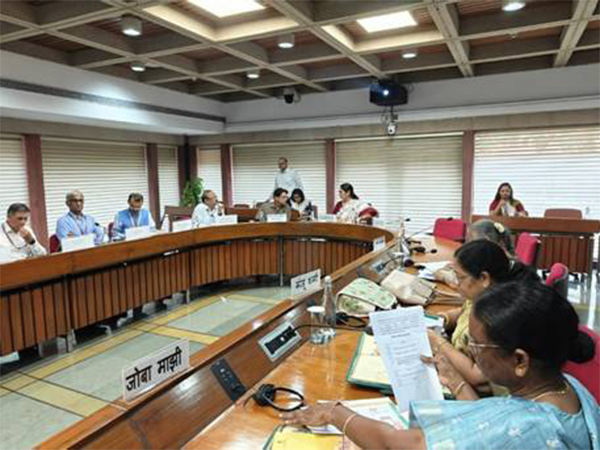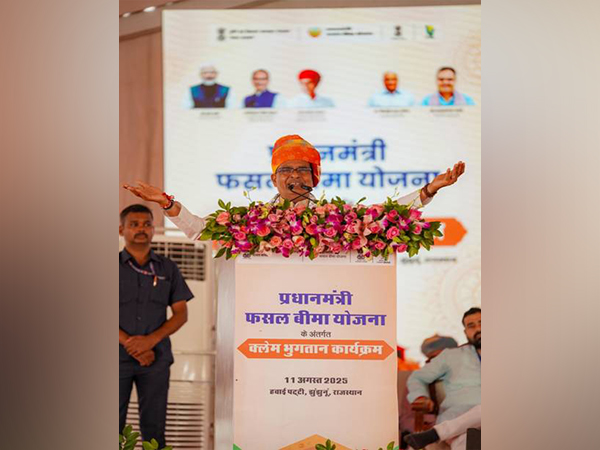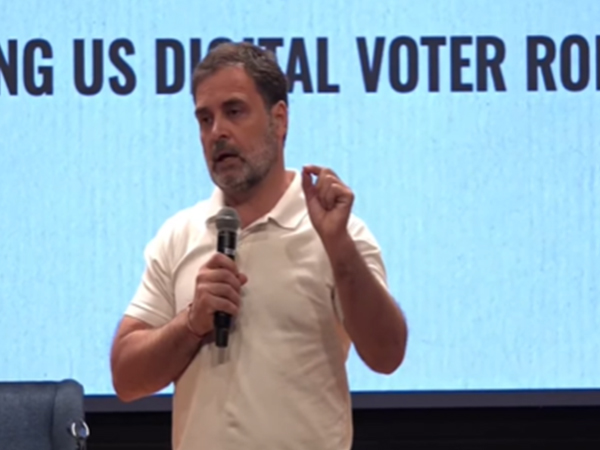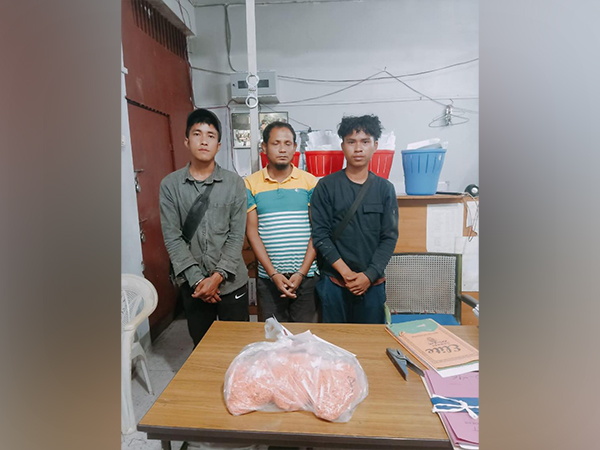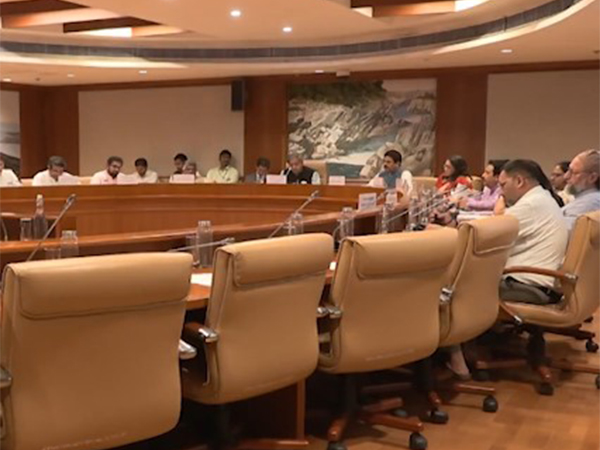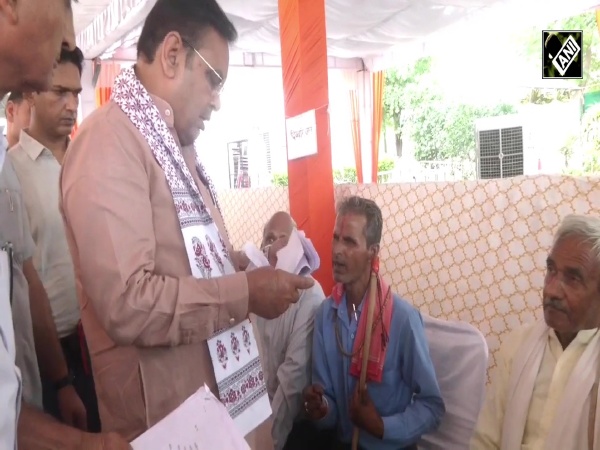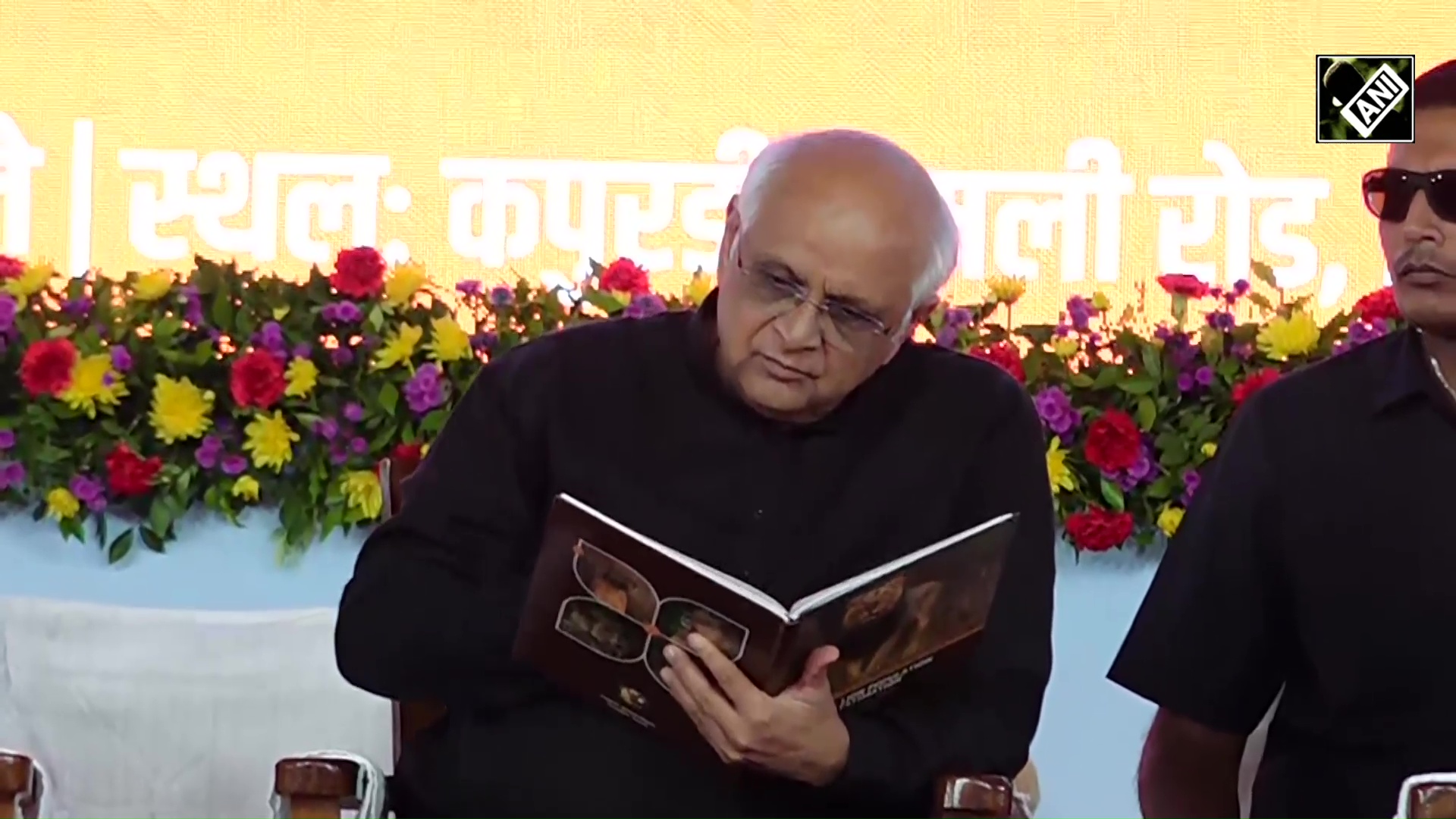
Delhi HC permits weekly market at Shalimar Bagh with strict vendor cap and guidelines
Aug 11, 2025
New Delhi [India], August 11 : The Delhi High Court allowed the continuation of the Monday weekly market at BH Block, Shalimar Bagh, Delhi. The court, however, imposed strict conditions regarding the number of vendors and compliance with vending norms.
This decision came in response to a petition filed by Surender Kumar Sharma and others, represented by advocates Rajat Wadhwa, Gurpreet Singh, Manish Kumar, Honey Jain, and Sahi Kakkar.
The petition sought to prevent the Municipal Corporation of Delhi (MCD) and the Government of NCT Delhi from discontinuing the market.
The weekly market had originally been approved by the Town Vending Committee (TVC) on October 28, 2020, with a cap of 300 vendors. However, complaints from the Residents Welfare Association and subsequent inspections revealed serious violations.
These included the presence of nearly 600 vendors, encroachment on public roads, unauthorised structures, extended market hours, use of open flames, traffic congestion, and the use of banned plastic bags.
Authorities proposed relocating the market to Kela Godown Road, approximately one kilometre away, but the Market Association rejected the suggestion.
In its observations, the division bench of Justice Nitin Wasudeo Sambre and Justice Anish Dayal stated that merely exceeding the vendor limit or operating beyond permitted hours was not sufficient grounds to shut down the market. Instead, the authorities were directed to regulate the market effectively, enforce the 300-vendor cap, and take action against violators.
The court issued specific directions-- the Monday market may continue between 4 PM and 10 PM with no more than 300 vendors, each holding a valid Certificate of Vending (CoV).
Authorities are empowered to act against those violating CoV terms, unauthorised sellers, or individuals erecting permanent or unauthorised structures. Any decision to shift or close the market must follow proper legal procedures. Furthermore, persistent violations by vendors could lead to criminal action under applicable laws.
